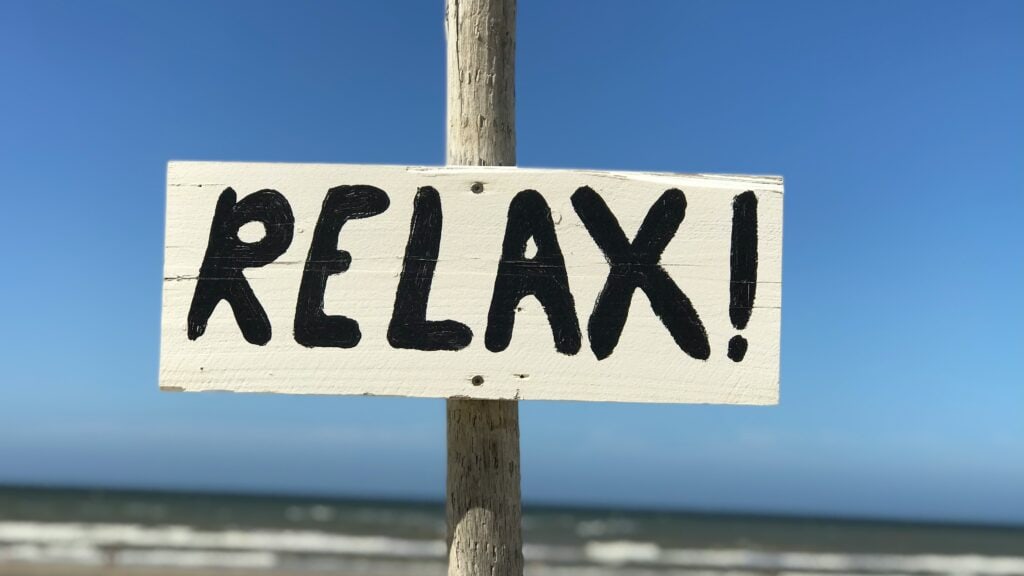
There is no doubt that 2020 has left many reeling, especially in the camp industry. Across the country, camp staff are attempting to navigate through uncharted waters in an effort to bridge the gap between the camp experience that they know and love and the new realities brought on by COVID-19. One of the biggest areas of need is in their relationships and the cultivation of donors. Now more than ever, it is vital that camps keep lines of communication open and alive with their donor base. Here are a few things to keep in mind when communicating with your donors:
1. Be inclusive
Your donors are not contributing to your organization; They are a part of it. So, treat them that way and let them know how much you value them and what they bring to the team, and show them regular and real examples of what their contributions have built. None of us got into camping to become a billionaire. We got into camping because we believed in the mission that camp represents, and we wanted others to join in the cause. Well, guess what? Your donors are doing exactly that! They represent some of your greatest successes: people who have caught the vision of camp and want to propel it forward as well. If you can make them feel like they are a vital part of your organization, rather than just a cash register, it will resonate far more and build a much more lasting connection.
2. Be honest
Don’t paint a picture that everything is fine if it’s not. They want to feel like they are a part of the work that is going on at your camp, so give them a window into it and show them. Don’t be afraid to tell them stories about your needs, but share the successes too (even if they are small ones). Also, if you have a need: share it and be specific about the ask and how it helps your organization succeed. For example, if you need a part for a tractor, talk about what you need to fix, but don’t just leave it at that. Follow it up with how this tractor contributes to helping keep the camp looking great. It will make your donors feel more like they are a part of the team, not just supporting it.
3. Be creative
Some of your donors might be struggling just as much as the camp is and even though they are just as committed to your mission as they were before, they are not able to contribute the way they have in the past. If they can’t give financially, that doesn’t mean they can’t give. Many donors would jump at the opportunity to help in other ways. Some ideas might include: a camp clean-up day (provided this is allowed in your area), enlisting them to reach to others on the camp’s behalf for donations, or an open call for expertise your donors might have in particular areas of need. You might be surprised at who contributes and the amazing experiences that are gained on both sides. You might also find that your team of donors increases exponentially when people find they can be a part of your organization in ways other than financial.

4. Be communicating
No one feels like they are a part of the team if the only time they hear from you is when you want something. Be in regular communication with your donors and be sharing the things that are going on at camp. Additionally, keep these separate from your appeals for assistance, so they know what they are getting into before they commit to reading or listening to what you have to say. Lastly, use different mediums to connect. Find how your donors connect best: some might prefer an email so they have the freedom to decide when they can give their full attention to it, while others are far more appreciative of the personal connection a phone call represents and for still others the gesture of a handwritten note speaks volumes. The point is, the responsibility for the success or failure of any communication lies on the sender, so ensure that your team of donors is getting the message you are sending by reaching out in a way that speaks to them directly.
This may sound daunting, but I assure you: as you get accustomed to making this a part of your relationship with your donors, it will become second nature. And the best part is, nothing is stopping you from starting today!
Written by: Jeremy B
Despite a lack of any discernible talents or personality, Jeremy was a Day Camp Director for over 16 years in the PNW, where he was born and raised. He lucked into marrying the woman of his dreams and has two wonderful children who, thankfully, take after their mother. In his spare time, he enjoys playing the harp with his spin-metal band Doomloop, long walks on the beach (alone), and a little respect. He also writes words sometimes.




